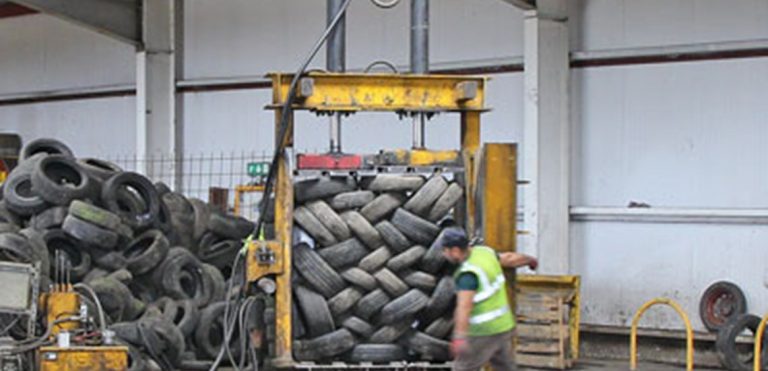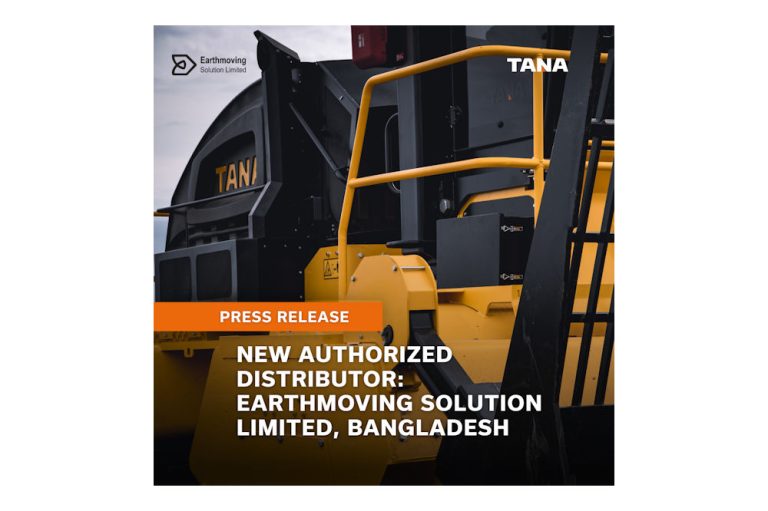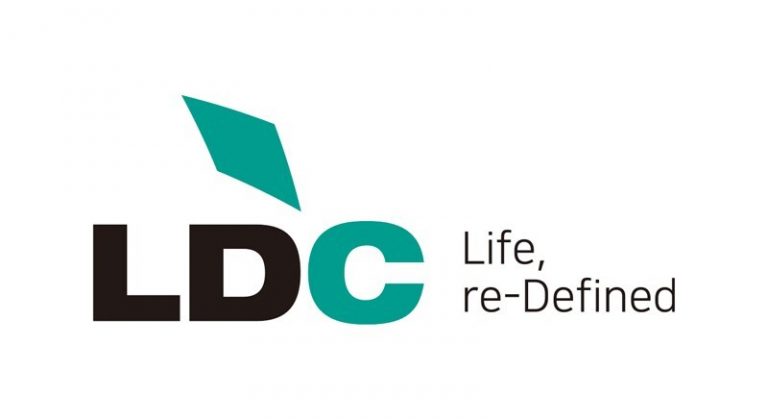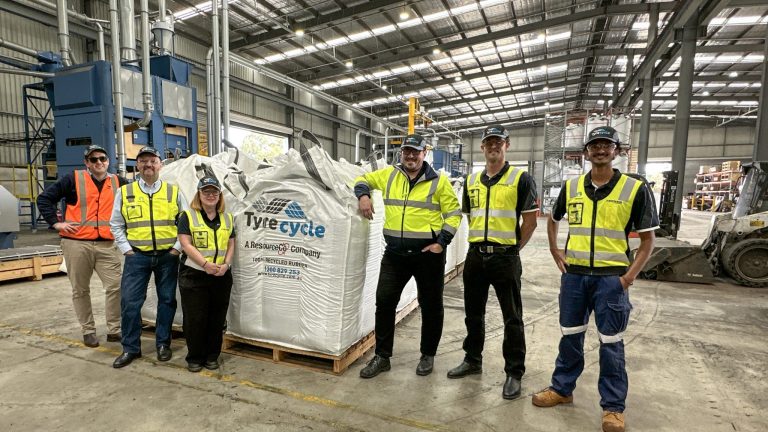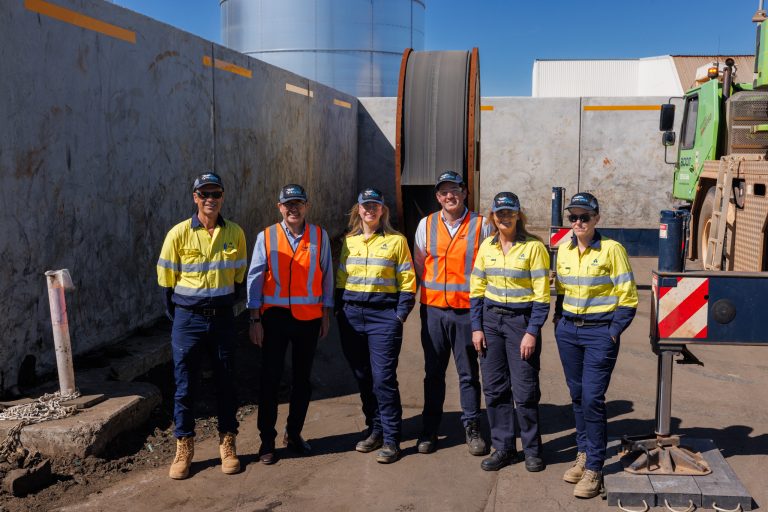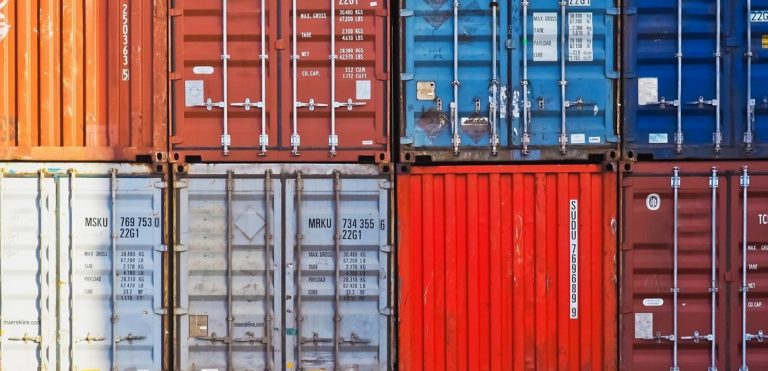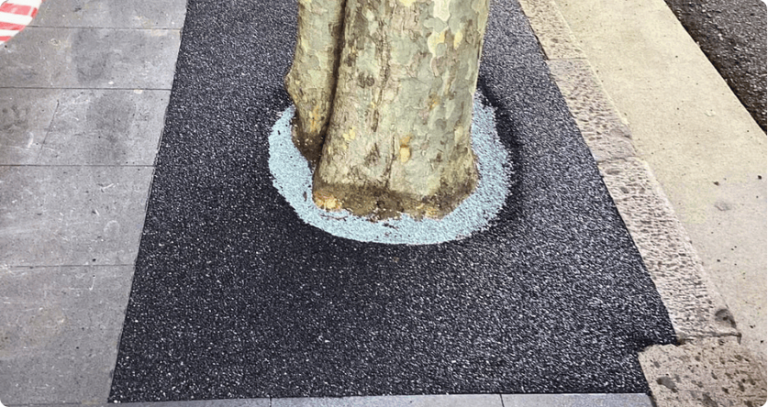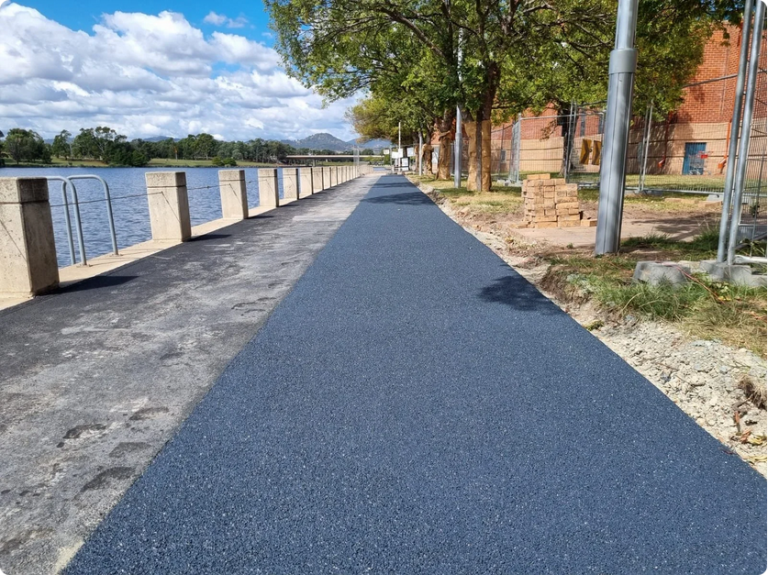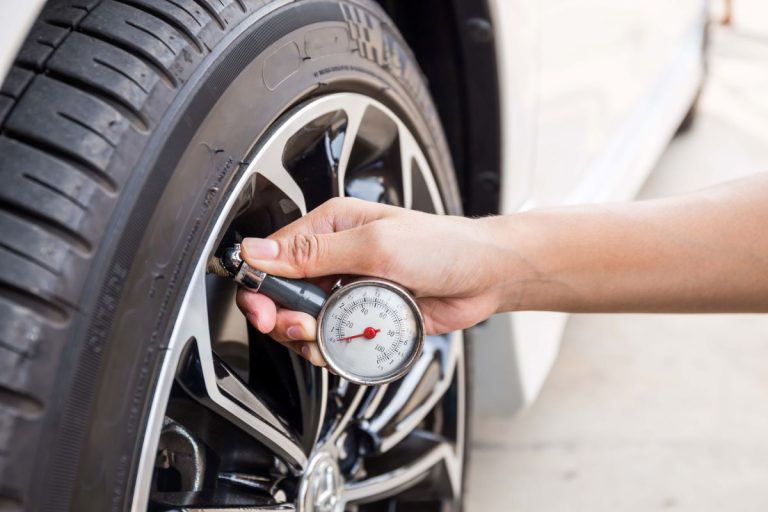The move by the Environment Agency to control waste tyre exports started on the 1st October and is already having an impact though reports vary
Initial reports from some recyclers were that there appeared to be no change. This was contrary to the message given by the EA at the TRA Briefing in September.
However, one recycler reported receiving a message from Clout that all waste tyre exports had been put on hold. The TRA believe that the requirement for geotagged proof of destination and end use appeared to be problematic, which suggests there might well have been issues at the destination location.
Fighting Dirty, the lobby group which threatened legal action against the EA for failure to do its duty in monitoring waste tyre exports reported: “The big day has arrived! Apparently today, for the first time in years, no shipping containers of waste tyres have left UK ports headed for India – typically, we would expect around 40 containers per day.”
However, the reality may be slightly different as a number of collectors have reported “business as usual” sending containers for export without the need for an Annex VII and due diligence evidence as is supposed to be supplied.
There is some impact, for sure, and comments on social media suggest that whilst some shipments appear to be going out, there are some T8 operators starting to feel the pinch.
One T8 operator commented on social media that the tightening of restrictions was about protecting the big recyclers. When it was pointed out that there was serious concern about the end use, he responded; “No one gives a ***** where the bales end up, everyone in the TRA has baled and sent them to India so they’re part of the problem as well! It’s all about trying to monopolise the market for them to control.”
The point about TRA members baling is of course true, however, the litigation that forced the EA to act came from Fighting Dirty, an independent environmental lobby group.
Another permitted recycler commented; “Lots of anecdotal evidence today that it was business as usual and containers were being filled with baled tyres in yards around the UK. What is unclear is whether any of these containers did, or will find their way on to ships, or are just dockside waiting for the implementation of the more robust EA checks. Any shipping company that ships these undocumented containers could be liable to pay to return them if they are shipped illegally.”
The reality is that any new set of regulations will have teething problems, and sadly, there will always be those who seek to find any loophole to get around the rules. One trick used in the past to get waste tyres into closed markets was to consign them as retreaded tyres, which were not subject to the same constraints as waste tyres.

















